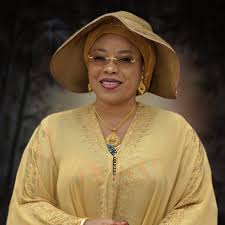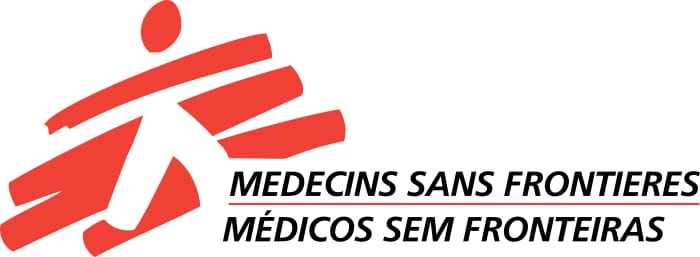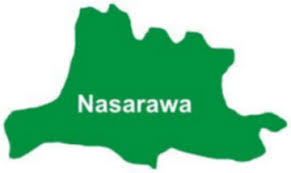**Moves against Unregistered Facilities
** Inaugurates veterinary practicing premises c’ttee
In order to curb the activities of quacks in the veterinary practice the Federal Capital Territory Administration has put in place modalities for checkmating proliferation of unregistered Veterinary facilities across the FCT
This was contained in a statement that was issued on Tuesday in Abuja by the Special adviser on Media To FCT Minister of State, Austine Elemue .
According to the statement the FCT Minister of State, Dr Ramatu Tijjani Aliyu, while inaugurating the FCT Veterinary Practicing Premises Committee on Tuesday in Abuja, said the move has become necessary due to the continuous violation of prescribed safe bio-security measures in illegal veterinary clinics.

She explained that the committee would help to regulate the activities of veterinary premises not just to promote public health safety, but also to align veterinary practices in Nigeria with global acceptable standards.
Aliyu, therefore, charged practitioners in the field with Veterinary premises in the FCT to observe professional tenets enshrined in the operational ethics of the Veterinary profession.
According to Aliyu,
“The Constitution of the committee as you already know is in compliance with the Official Gazette which requires states of the federation to set up committees to regulate the activities of veterinary premises not only to promote public health safety but to align with veterinary practices in Nigeria with global acceptable standards.
“Available records have shown that the FCT has a high population of animals which by implication has resulted in the proliferation of unregistered veterinary facilities offering a range of services that are below standards; constituting great risks to both animals and humans.
“Of great worry to the Administration is the fact that there is little or no effort on the part of these illegal facilities to adhere to the prescribed safe bio-security measures in veterinary clinics, laboratories, animal farms, markets etc.
“It is against this background that the FCT Administration is taking this bold step of inaugurating this committee to ensure all veterinary premises in the FCT comply with set professional tenets enshrined in the operational ethics of the veterinary profession.”
According to her the Administration has been taking measures to standardize veterinary operations in the FCT.
“We have for instance given approval for the conduct of monthly clinical conference to give opportunity to Veterinarians to share ideas on disease management with a view to improving our capacities,” she stressed.
Speaking at the event, the Secretary of Agriculture and Rural Development Secretariat, Mallam Abubakar Ibrahim, pointed out that population surge in the territory has made it increasingly difficult for the Administration to effectively maintain the expected high standards required of veterinary premises in the FCT.
He maintained that one of the areas affected by the challenge was the Veterinary services sector which was faced with proliferation of unlicensed Veterinary practicing premises offering substandard services to residents.
Ibrahim disclosed that apart from government owned facilities, the number of registered and licensed Veterinary premises currently licensed in FCT stand at about fourteen.
“While this figure is grossly inadequate considering the high population of livestock in the FCT, it is sad to note that a lot of other facilities are operating behind the radar offering poor services to unsuspecting residents ” he noted.
He therefore promised that the secretariat would provide the committee with the necessary support to enable it carry out its assignment of repositioning veterinary practices in tune with global best practices.
Also in her remarks, the Director of Veterinary Services, FCT ARDS, Dr. Reginal Adulugba, said the inauguration of the FCT Veterinary Practising Premises Regulatory Committee as stipulated by law was to help maintain an acceptable standard of veterinary service delivery amongst practitioners particularly in highly populated terrain like the nation’s capital city.
Terms of reference for the committee include among other, to identify and categorize all premises into different classes as provided, present the premises for accreditation and certification by the National Veterinary Council of Nigeria (NVCN), Provide and regulate standards of practice in the FCT, and enforce compliance to government regulations as provided.




